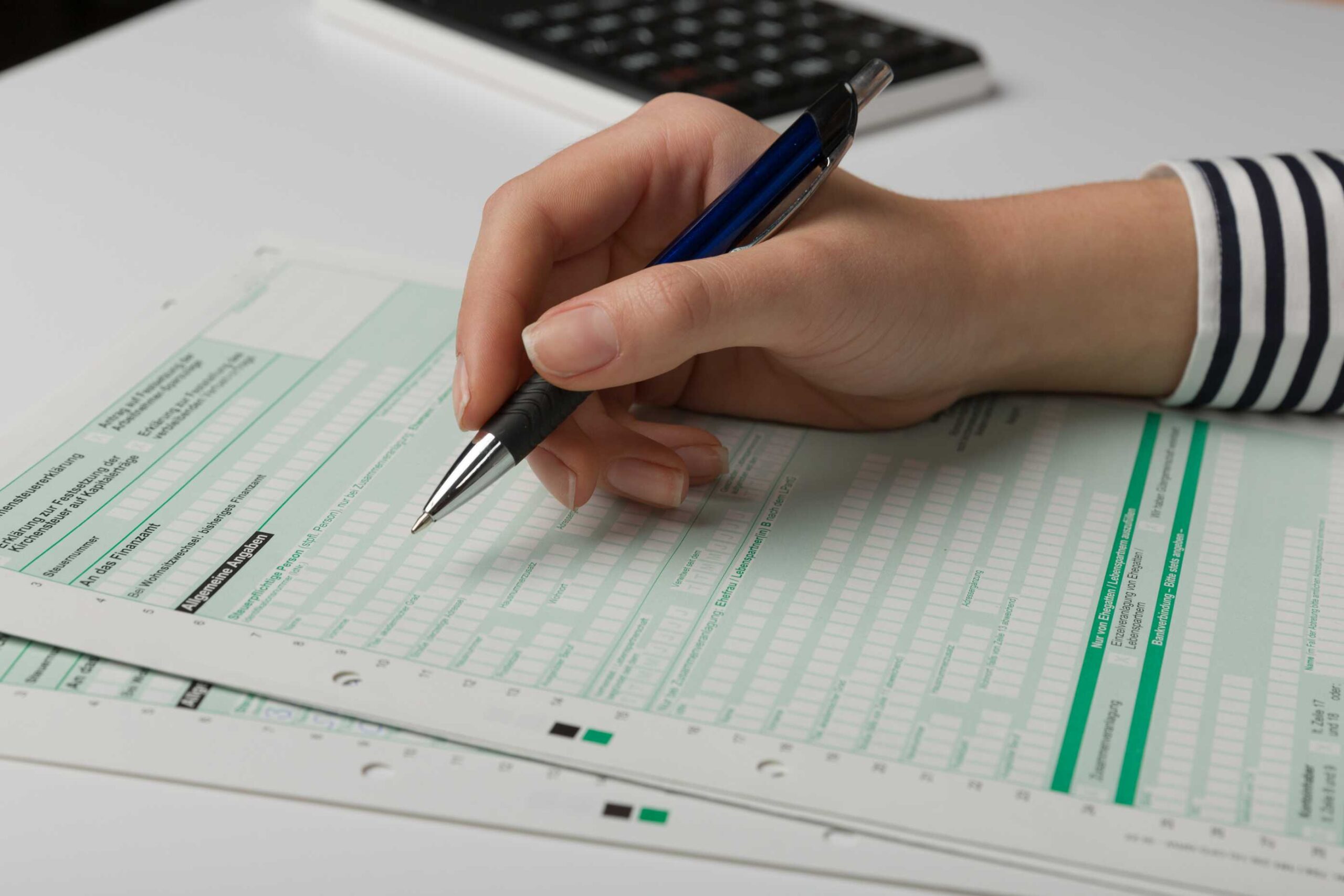Navigating the Dutch tax declaration process
Understanding the Dutch tax declaration process is vital for anyone living and working in the Netherlands. Each year, individuals are required to report their income to the Dutch tax authorities, which can be a daunting task, especially for expats. This declaration is not just about compliance; it’s an opportunity to ensure you’re not paying more tax than necessary. With the right knowledge, you can navigate this process smoothly and may even find ways to optimize your financial situation.
Key considerations for your Dutch tax return
When preparing your Dutch tax return, several key factors need your attention. Firstly, understanding the different types of income and how they are taxed is crucial. The Netherlands has a progressive tax system, meaning that the rate increases as your income does. Additionally, certain deductions and allowances can significantly reduce your taxable income. For example, mortgage interest on your primary residence can be deducted, and specific personal circumstances, such as study costs or health-related expenses, may also qualify for deductions. Being well-informed about these aspects can lead to substantial tax savings.
Optimizing your finances through tax deductions
One of the most overlooked opportunities during the tax declaration is optimizing finances through available tax deductions and credits. The Dutch tax system offers various ways to reduce your taxable income, such as the aforementioned mortgage interest deduction, green investments, and donations to charities. Furthermore, if you qualify as a non-resident taxpayer, you may benefit from specific regulations tailored to your situation, potentially leading to lower tax liabilities. Engaging with the tax declaration process actively and exploring all possible deductions and credits is essential for financial optimization.


